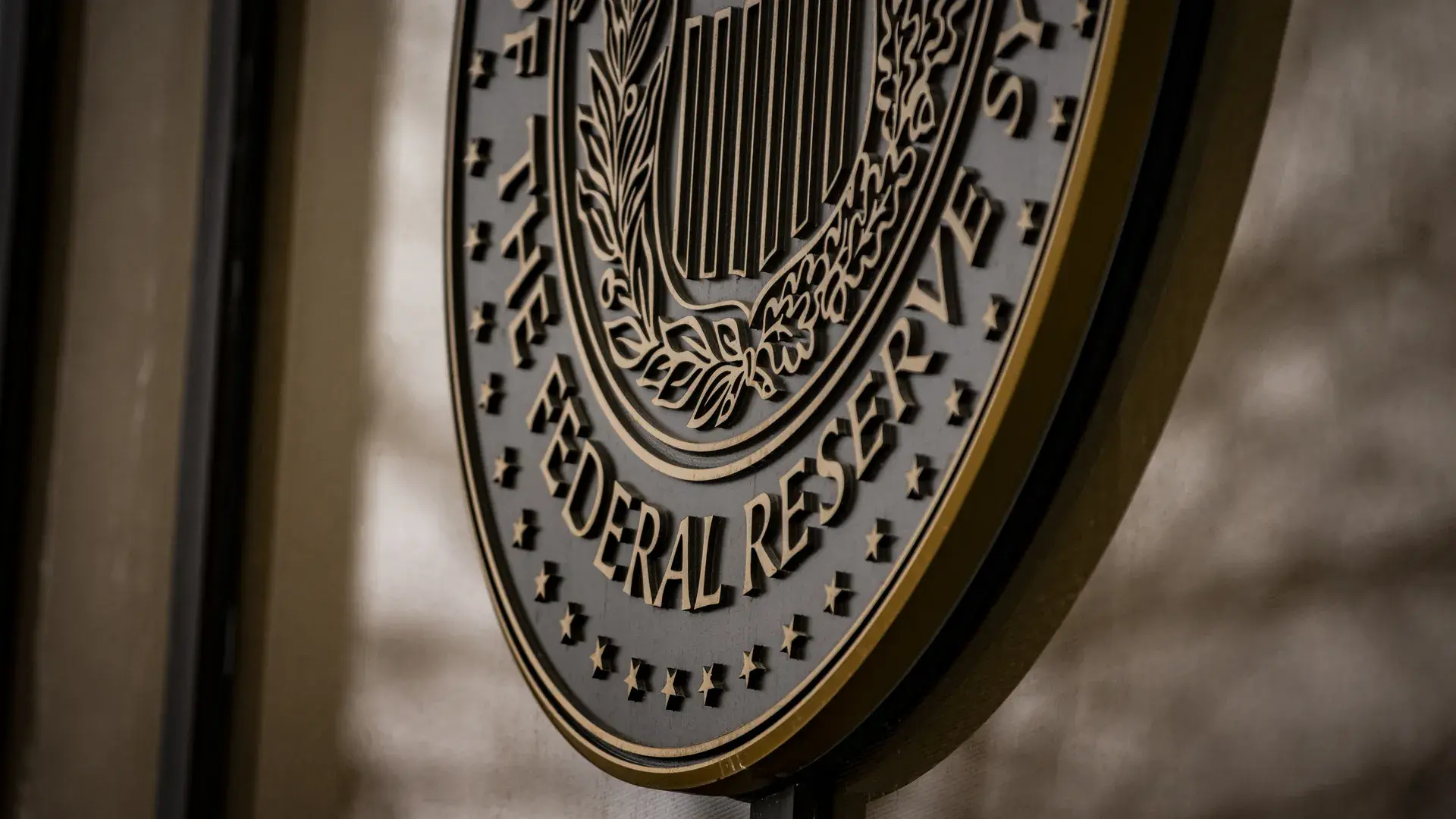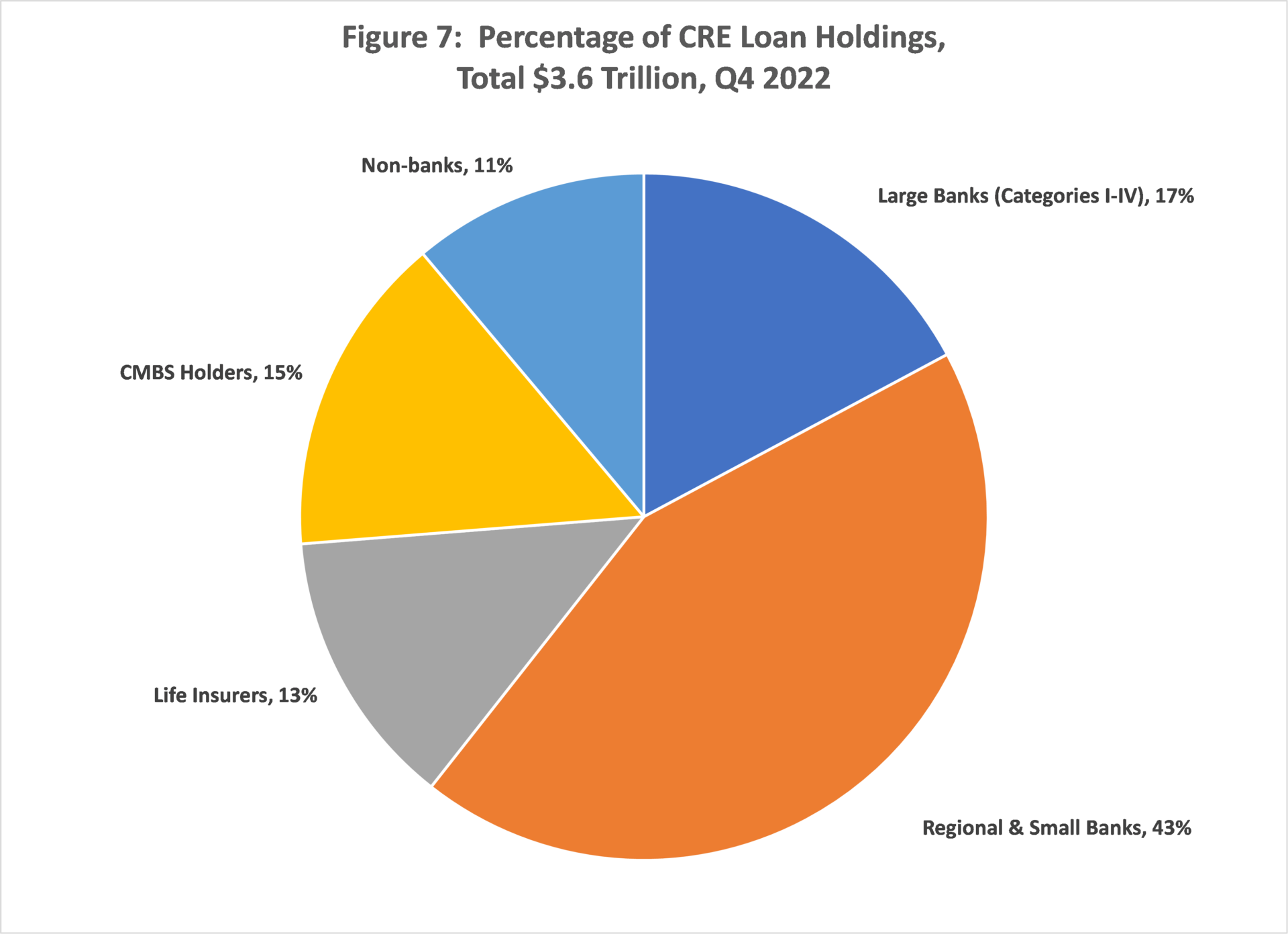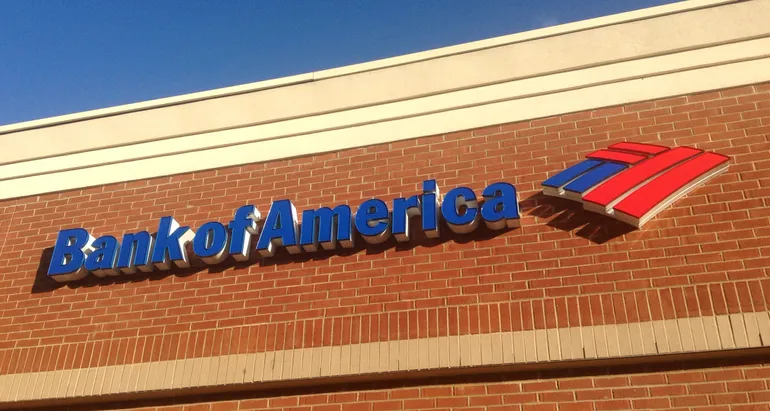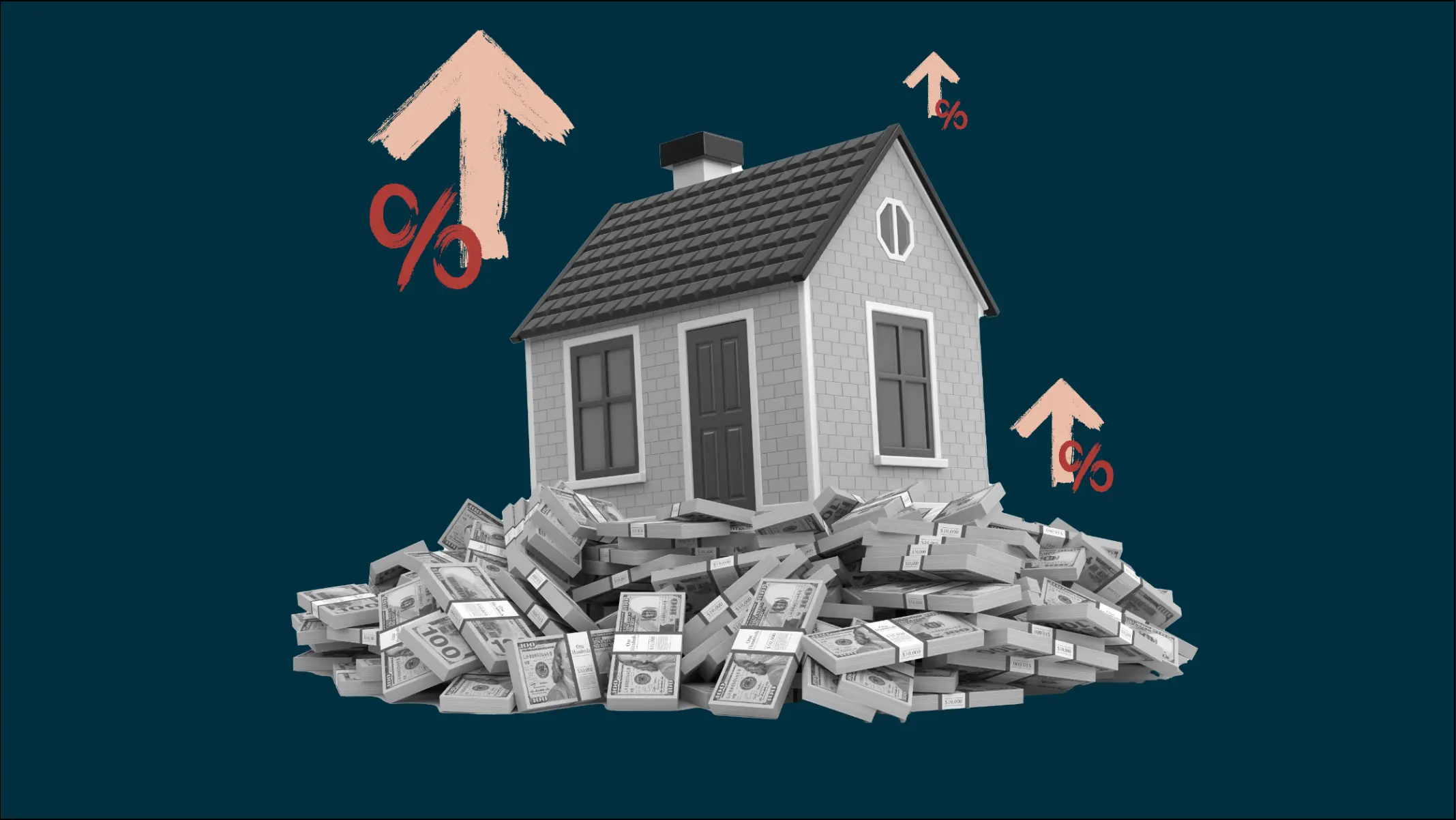trending
neon
Cirque du Soleil offers summer ticket deals
dining out
Celebs ditch the Strip for iconic Henderson restaurant
july 
trending
neon
Cirque du Soleil offers summer ticket deals
dining out
Celebs ditch the Strip for iconic Henderson restaurant
july 

The Federal Reserve has raised interest rates in response to persistent inflation concerns, aiming to stabilize prices and maintain economic stability. The hike is expected to impact borrowing costs, mortgage rates, and financial markets in the coming months




In response to rising inflation and economic uncertainties, the Federal Reserve has announced another interest rate hike, marking its fourth increase this year. The move is aimed at slowing inflation, which has remained stubbornly high despite previous monetary tightening efforts.
The latest adjustment raises the benchmark federal funds rate by 0.25 percentage points, bringing it to its highest level in over a decade. This decision reflects the Fed’s commitment to price stability while balancing risks to economic growth and employment.
Inflation has been a persistent issue, with consumer prices rising at a rate well above the Fed’s 2% target. Key reasons for the latest rate hike include:
Federal Reserve Chair Jerome Powell emphasized that while the economy remains resilient, inflation remains a key concern. He stated, "We are fully committed to reducing inflation to our target level. While these rate hikes may slow economic activity, they are necessary to maintain long-term stability."
Economic experts warn that if rate hikes continue aggressively, they could trigger an economic slowdown or even a mild recession.
Following the Fed’s announcement, major U.S. stock indexes showed mixed reactions:
The Fed’s rate hikes have strengthened the U.S. dollar, making it more expensive for other countries to import American goods. This could widen the U.S. trade deficit while making U.S. exports less competitive globally.
Higher U.S. interest rates can cause capital outflows from emerging economies, leading to currency depreciation and financial instability in countries heavily reliant on foreign investments.
The Federal Reserve has indicated that it may continue raising interest rates if inflation remains persistent. However, the central bank is also monitoring economic growth to avoid triggering a deep recession.
The Federal Reserve has raised interest rates in response to persistent inflation concerns, aiming to stabilize prices and maintain economic stability. The hike is expected to impact borrowing costs, mortgage rates, and financial markets in the coming months
the latest

SBA Lending Programs in the Spotlight for Small Business Growth
The Small Business Administration (SBA) has highlighted its lending programs as key drivers for small business growth. These programs, including the 7(a) loan and 504 loan, provide crucial funding to entrepreneurs, especially those from underrepresented communities.

Treasury Department Announces New Banking Policies for Foreign Investors
The U.S. Treasury Department has unveiled new banking policies aimed at regulating foreign investments. These policies are designed to enhance national security and ensure that foreign investors comply with stricter guidelines when investing in key industries.

Major Banks Face Scrutiny Over Lending Practices Post-Pandemic
Major banks are facing increased scrutiny over their lending practices following the pandemic. Regulators are investigating whether certain loan policies and interest rates disproportionately affected certain communities, leading to concerns about discriminatory lending and financial stability

Bank of America Launches Green Investment Fund
Bank of America has launched a new green investment fund, aimed at supporting sustainable projects and environmentally-conscious initiatives. The fund will focus on financing renewable energy, green infrastructure, and eco-friendly technologies to help accelerate the transition to a low-carbon economy

Rising Mortgage Rates Impacting Homebuyers & Lenders
The sharp increase in mortgage rates has begun to significantly impact both homebuyers and lenders. With higher interest rates, potential buyers are facing affordability challenges, while lenders are grappling with lower loan demand and increased risk in the housing marke

Banks Explore AI for Fraud Prevention & Customer Service
Banks are increasingly adopting AI-driven technologies to combat fraud and improve customer service. AI-powered tools enable real-time fraud detection, personalized banking experiences, and enhanced risk assessment, ensuring greater security and efficiency in the financial sector

New Regulations for Digital Banking and Crypto Investments
The government has announced new regulations for digital banking and cryptocurrency investments to enhance security, transparency, and consumer protection. The rules aim to prevent fraud, ensure compliance, and create a stable financial ecosystem for digital assets

The Role of U.S. Banking Regulations in Investment Decisions
U.S. banking regulations play a critical role in shaping investment decisions. This article explores how changes in banking rules influence market behavior, investor confidence, and capital flow

Analyzing U.S. Banking Regulations and Investment Performance
U.S. banking regulations have a significant impact on investment performance. This article explores how these rules shape the financial landscape and affect investor returns